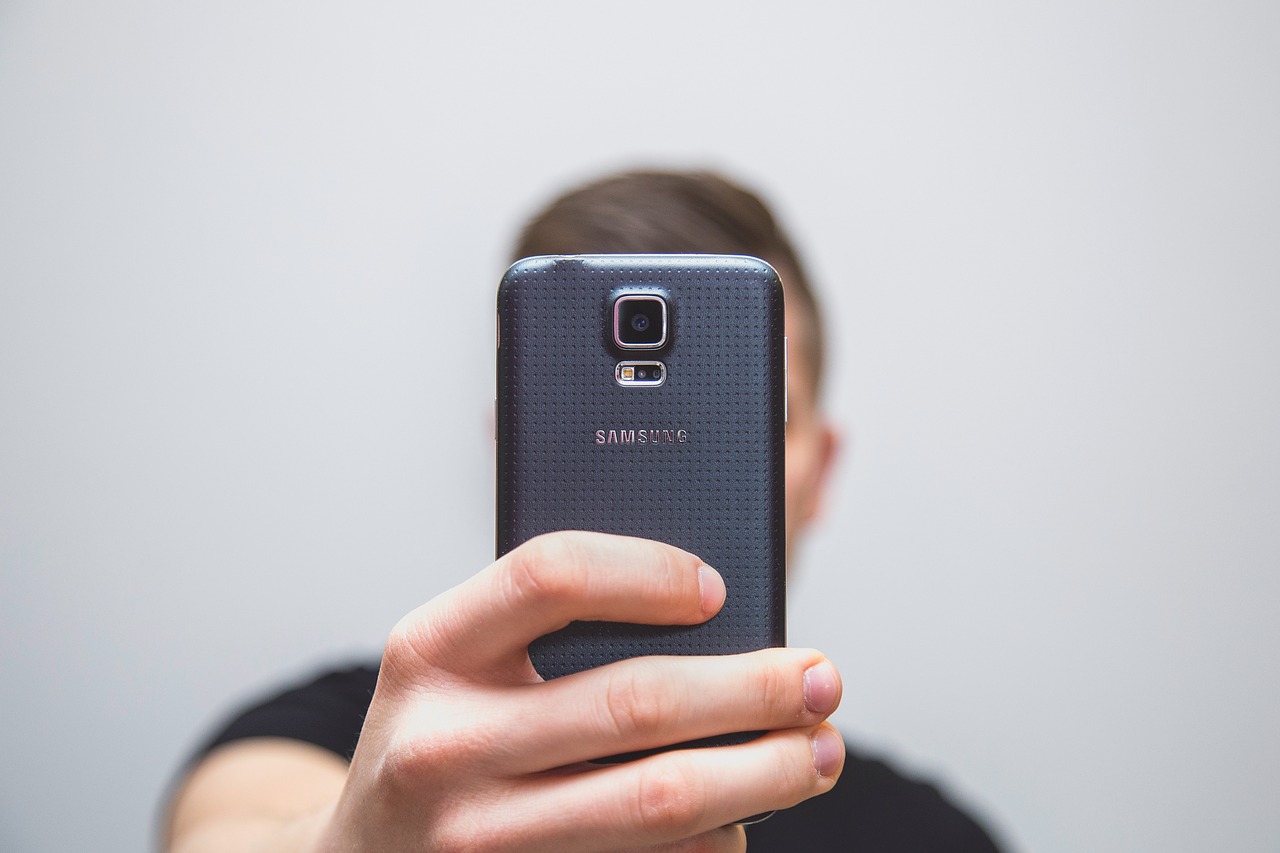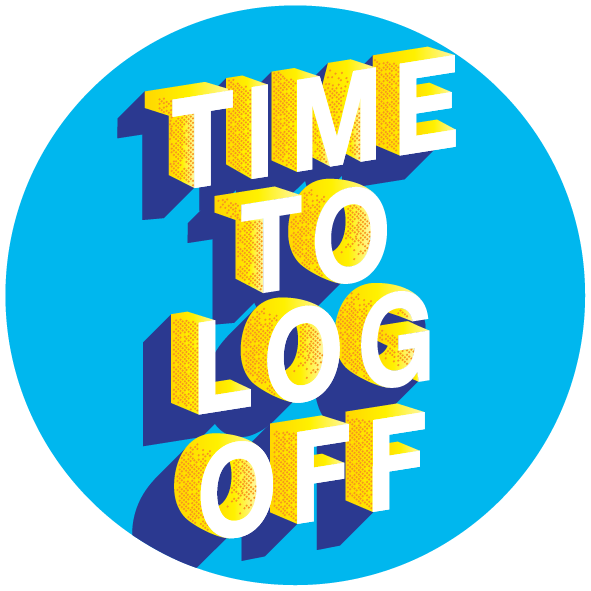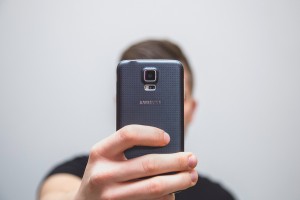
SMARTPHONE ADDICTION
What is smartphone addiction? Is it real? Would you recognise the symptoms and how would you know if you are suffering?
Smartphone addiction
What is it?
Smartphone addiction is more than an obsession. It is a dependence syndrome and a clinical addiction, defined by excessive use which has the propensity to negatively impact all aspects of life, notably relationships and professional activities. It also often masks deeper, underlying health and behavioural issues.
What is the evidence that it exists?
Research led by Professor James Roberts at Baylor University highlights that signs of addiction among smartphone users are very similar to those found among drug addicts. In the same way that gambling creates addiction by offering a monetary incentive or reward; the software and apps on our smartphones are also designed to hook us. For example, by getting a ‘match’ or receiving ‘likes’.
What are the symptoms?
Do you feel very anxious and irritable without your phone? Has your smartphone caused problems in your relationships? Do you often turn to your phone when bored or in an uncomfortable social situation? Do you think your smartphone use is increasing and have struggled to cut it back? Is your smartphone glued to your pocket and distracting you from other daily activities? If these situations sound familiar, you may be suffering from smartphone addiction.
What can you do?
Dr. Mark Griffiths, Professor of Gambling Studies at Nottingham Trent University, highlights that ‘excessive use is symptomatic of other underlying problems in that person’s life’ and tackling the root of these problems can reduce the excessive behavior.
For those of us who feel more obsessed than addicted, there are some actions you can take to reduce your smartphone dependency. Firstly, set time and place boundaries around your smartphone use. For example, do not take your phone to the bathroom or do not use it during mealtimes, especially when with friends or partners. It is recommended that you stop using screens an hour before you go to sleep. If this is not possible, turn your phone onto ‘sleep mode’ to reduce the impact of blue light.




